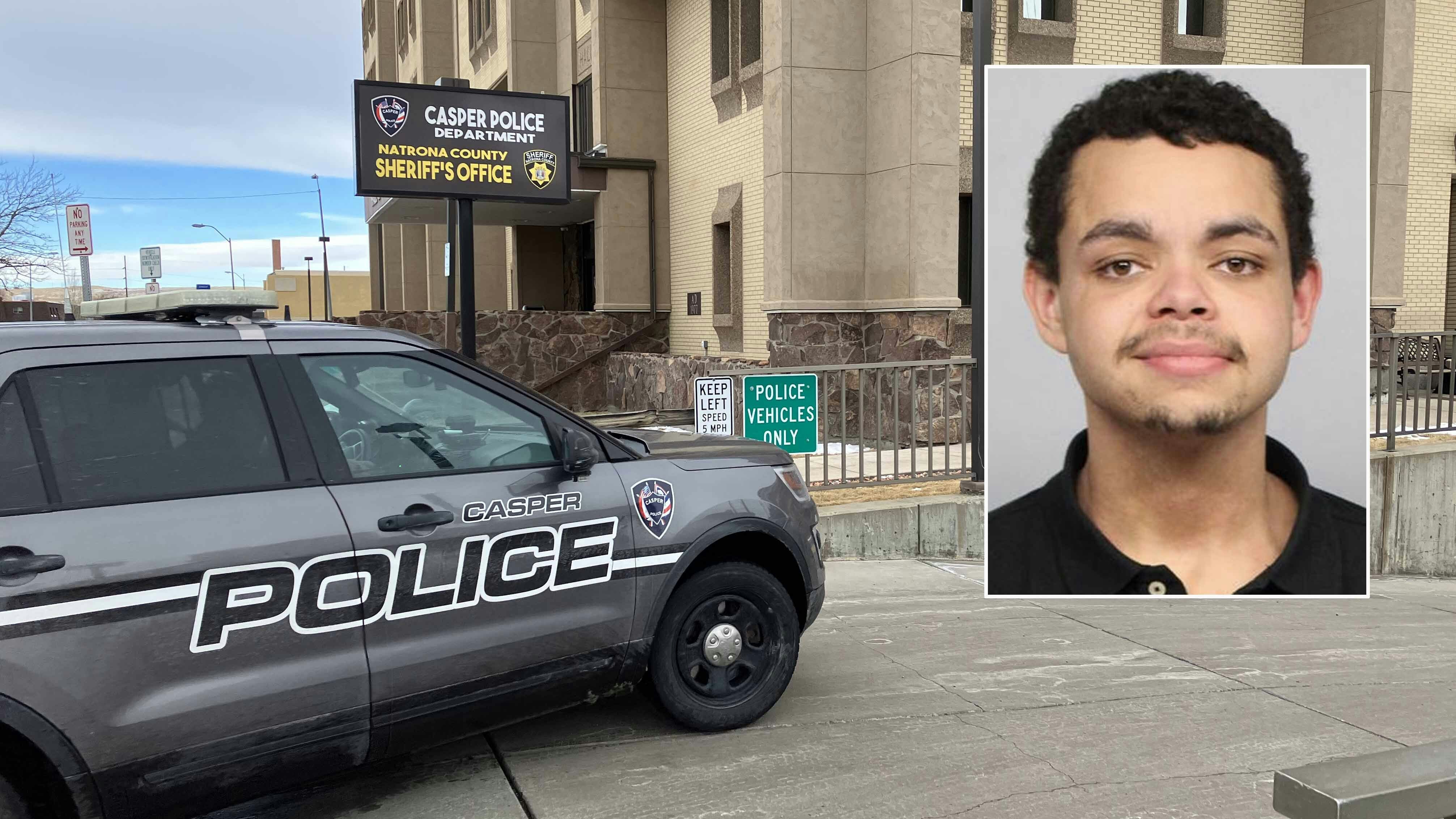Pro-choice abortion supporters have filed an amended lawsuit seeking to challenge a new law banning the prescription of chemical abortion pills in Wyoming.
The lawsuit expands an already active lawsuit challenging another new law that prohibits most forms of abortion in the state.
Earlier this month, Gov. Mark Gordon allowed Senate File 109 to pass into law, which prohibits Wyoming doctors from prescribing drugs used for inducing chemical abortions. That made Wyoming the first state to specifically prohibit chemical abortion pills.
The Associated Press reports that abortion pills are already included in blanket bans of abortion in 13 other states, and 15 states have limited access to the pills.
The Lawsuit
Wellspring Health Access is seeking to block the abortion pill ban and umbrella abortion measure, arguing that both infringe on constitutional rights and are constitutionally vague.
The business had been planning to open a clinic in Casper to provide surgical and medication abortions and some transgender treatments, but its opening was delayed in May 2022 when an act of arson prevented the opening.
A spokesperson for Wellspring said Tuesday the business expects to open in a few weeks.
Also suing are two gynecologists and Chelsea’s Fund, a Wyoming abortion access advocacy group.
Although SF 109 targets doctors who prescribe chemical abortion pills, it does not fully exempt mothers who take the pills.
The amended complaint states that although the chemical abortion ban exempts punishment against “(a) woman upon whom a chemical abortion is performed or attempted,” it remains unclear if this also pertains to women who procure and take chemical abortion pills on their own without a prescription.
“This lack of clarity will make it difficult or impossible for women to know if they are subject to punishment under the Ban,” the amended complaint reads.
Timing
Although the amended complaint requests a temporary restraining order and permanent injunctive relief on both bans, a separate filing submitted to 10th Judicial District Court Judge Melissa Owens clarifies the plaintiffs consider the broader abortion ban a more immediate priority.
The chemical abortion ban does not go into effect until July 1, while the more sweeping ban was already in effect for three days prior to Owens putting a temporary block on it last year.
“The effective date for the chemical abortion ban does not necessitate the temporary emergent need for a restraining order in contrast to plaintiff’s challenge to HB 152 (the broad abortion ban),” says the notice submitted by Jackson attorneys John Robinson and Marci Bramlet.
Both of the new abortion bans make exceptions for emergency scenarios and for cases of rape or incest.
Those found violating the chemical abortions ban can face up to six months in jail and up to $9,000 in fines. The broader abortion ban comes with much steeper penalties of up to five years in prison and $20,000 in fines.
Constitutionality
The amended complaint includes most of the same arguments as the original filing, including that abortion qualifies as a form of health care under the Wyoming Constitution.
In her decision last week, Owens referenced a portion of the Wyoming Constitution that promises “health care” autonomy to state residents.
“Wyomingites voted into law that they have a fundamental right to make their own health care decisions,” says Owens in her ruling. “The Legislature cannot make an end run, essentially, around providing a (new) Constitutional amendment. The court needs to further inquire if abortion is health care.”
The plaintiffs have argued that the right to health care provided to Wyoming residents in a 2012 amendment to the state Constitution makes both bans an “unconstitutional intrusion to Wyomingites’ privacy and constitutional rights.”
Last summer, Owens agreed with this point.
The plaintiffs say these rights include:
• Religious freedom.
• To make health care decisions.
• To determine family composition.
• Equal protection.
But Is It Health Care?
In its passage of HB 152, the Legislature determined that abortion is not considered health care.
The state is a defendant in the case, represented by the Wyoming Attorney General’s office.
During the hearing on HB 152 last week, Deputy Attorney General Jay Jerde argued the plaintiffs have no proof the law is an impermissible religious coercion because Wyoming had outlawed abortion from the point of conception before the 1973 U.S. Supreme Court Roe vs. Wade decision legalizing the right to abortion nationwide.
In 2022, Wyoming enacted a law known as the “trigger ban” that curtailed nearly all abortions after the U.S. Supreme Court overturned Roe vs. Wade last June. Owens temporarily blocked that law, which she was still studying when the Legislature released HB 152 as a more focused version of the original trigger ban.
Even though he let the bill pass into law without his signature, Gordon said he wishes the Legislature would ask Wyomingites whether they feel abortion is health care by advancing a proposed constitutional amendment to voters.
A 2022 University of Wyoming poll found that 35% of residents say abortion should be a personal choice, while another 19% say abortion should be allowed in other situations. A total of 36% say abortion should only be allowed in extreme cases and 7% say there is no situation where an abortion should be allowed.
Both the abortion bans drew national and worldwide attention in recent weeks, with U.S. Vice President Kamala Harris and the inventor of the abortion pill weighing in against them.





